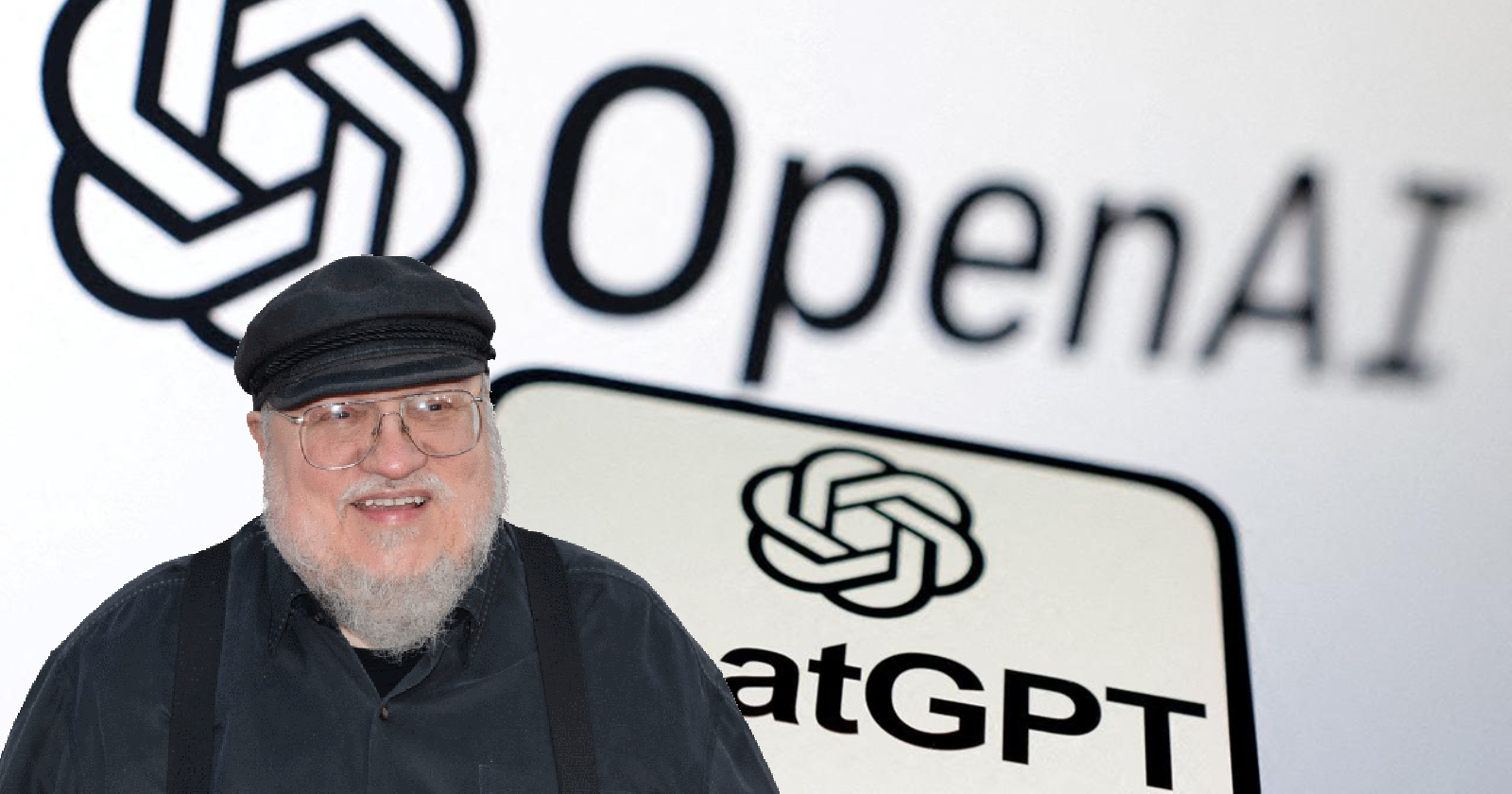The George R.R. Martin OpenAI lawsuit, filed by authors including Game of Thrones author George R.R. Martin, has passed a significant milestone. A US judge has allowed the AI company OpenAI to proceed to trial for alleged copyright infringement. This decision is critical for the future of generative AIs like ChatGPT.
Why is the George R.R. Martin OpenAI lawsuit critical?
US District Judge Sidney Stein, who allowed the case to proceed, denied OpenAI’s request to dismiss the case. Key to the decision was an order issued to ChatGPT. Judge Stein stated, “A reasonable jury would find the defendants’ output substantially similar to the plaintiffs’ work.”

Judge Stein’s decision was significantly influenced by evidence presented by the lawyers. The lawyers requested a draft from ChatGPT that “sequels to A Clash of Kings but tells a different story than A Storm of Swords.” The AI then produced an alternative sequel, “A Tide of Shadows.”
This draft, produced by ChatGPT, featured characters from Martin’s world and themes such as “ancient dragon magic.” Judge Stein stated that this output reflected the “tone and feel” of Martin’s original work. Therefore, she ruled that the case could proceed on the grounds of copyright infringement.
The lawsuit, supported by the Authors Guild, includes Martin, as well as renowned authors such as John Grisham and Sarah Silverman. The authors accuse OpenAI and Microsoft of training AI models using their books without permission. This case will push the boundaries of the “fair use” defense and could set an important precedent for the AI industry.
So, what are your thoughts on training AI with copyrighted works? Share your thoughts with us in the comments!













